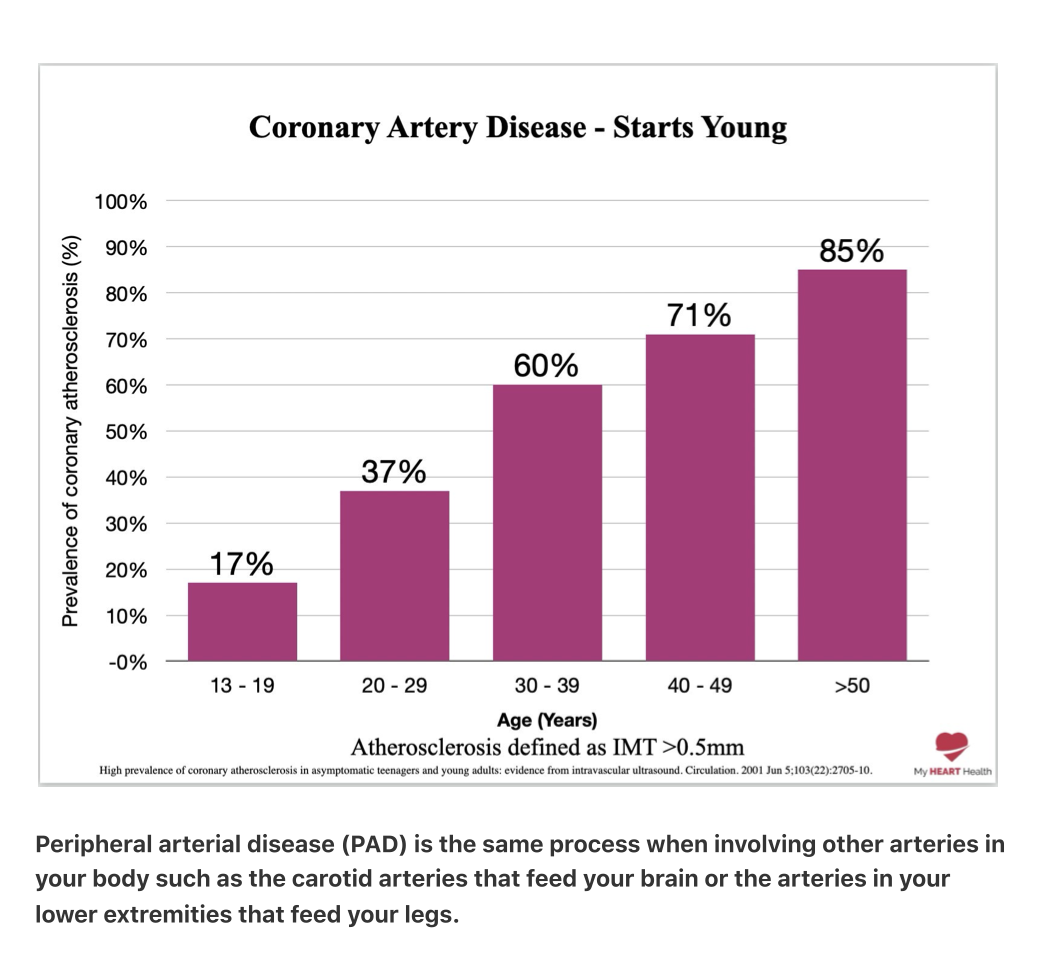
Heart Health
Protect Your Health While You Protect Others: Your Heart Health Matters
Content curated for BSS by Dr. Leo Kassabian (MD; Cardiologist)
As a law enforcement officer, your job is to protect and serve—but are you protecting your heart?
Heart disease is the number one cause of death overall as well as the leading cause of on-duty deaths, but with small lifestyle changes, you can lower your risk.
WHY HEART HEALTH MATTERS IN LAW ENFORCEMENT OFFICERS
The Hidden Risk Officers Face
Being a police officer isn’t just physically demanding—it’s stressful. Long shifts, high-pressure situations, and irregular sleep schedules can take a toll on heart health. Studies show that officers are at a higher risk for:
High blood pressure
Unhealthy eating habits due to fast food & shift work
Poor sleep patterns Substance abuse issues
Ultimately, increased risk of heart attacks and cardiovascular (CV) death compared to civilians
But the good news? You can take control of your heart health with simple, realistic steps
Studies show LEO:
Lower life expectancy average 22-23 years less than their civilian counterparts
Average heart attack age: 49 yo vs 65 yo
40% of heart attacks occur by age 45 vs only 7% in the general population
Chance of dying from a heart attack for a LEO is 56% vs 1.5% in general population.
Law enforcement duties and sudden cardiac death (SCD) among police officers in United States
(Case distribution study; BMJ 2014; 349; Harvard School of Health). Compared with routine or non-emergency activities police officers' risk of sudden cardiac death was :
34 to 69 times higher during restraints or altercations
32 to 51 times higher during pursuits
20 to 23 times higher during physical training
6 to 9 times higher during medical or rescue operations
The researchers also found that SCD accounts for up to 10% of all U.S. on-duty police deaths.
Law enforcement officers show a high prevalence of risk factors associated with cardiovascular disease (CVD), including hypertension, hyperlipidemia, metabolic syndrome, obesity, poor diet, and a sedentary lifestyle.
Additionally, law enforcement personnel are exposed to occupation-specific risk factors that include sudden physical exertion, acute and chronic psychological stress, shift work, and noise. Critical incident stress, commonly thought to pose the greatest risk to law enforcement officers, includes exposure to traumatic or violent events such as physical danger, violence, death, crime, homicides, accidents, and injury.
Yet, most officers (93 percent) rated their health as "good to excellent"!
GRAPHIC BELOW: Myocardial ischemia occurs when blood flow to your heart is reduced, preventing the heart muscle from receiving enough oxygen. The reduced blood flow is usually the result of a partial or complete blockage of your heart's arteries (coronary arteries).
Coronary artery disease (CAD) leading to angina, heart attacks, heart failure, and death is a complex process that starts at a very young age. The coronary arteries that feed the heart muscle develop atherosclerosis which is a complex process of plaque development driven by numerous factors in which cholesterol imbeds into the arteries and oxidize eventually narrowing the arteries or rupturing leading to a sudden blockage causing a heart attack (myocardial infarction).
Everyone has a different risk to develop cardiovascular disease.
Your risk can be determined. Know your risk factors and detect disease early better yet prevent it from developing.
Age
Genetics: family history
Hypertension (HTN)/Hyperlipidemia (HL)
Poor diet
Smoking
Lack of exercise
Inflammatory conditions
Women- Early menopause, Polycystic Ovary Syndrome, Gestational DM/HTN
If you have a family history of heart disease your risk is very high and maintaining proper heart health is crucial.




